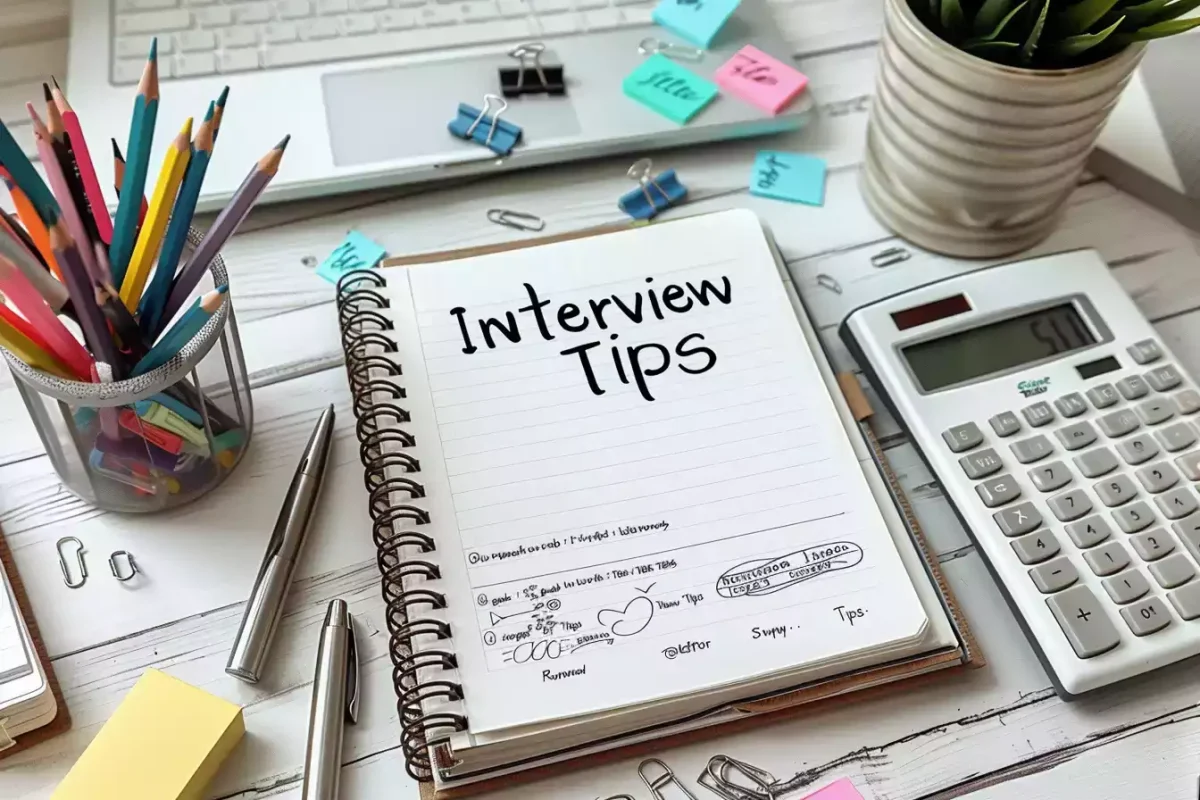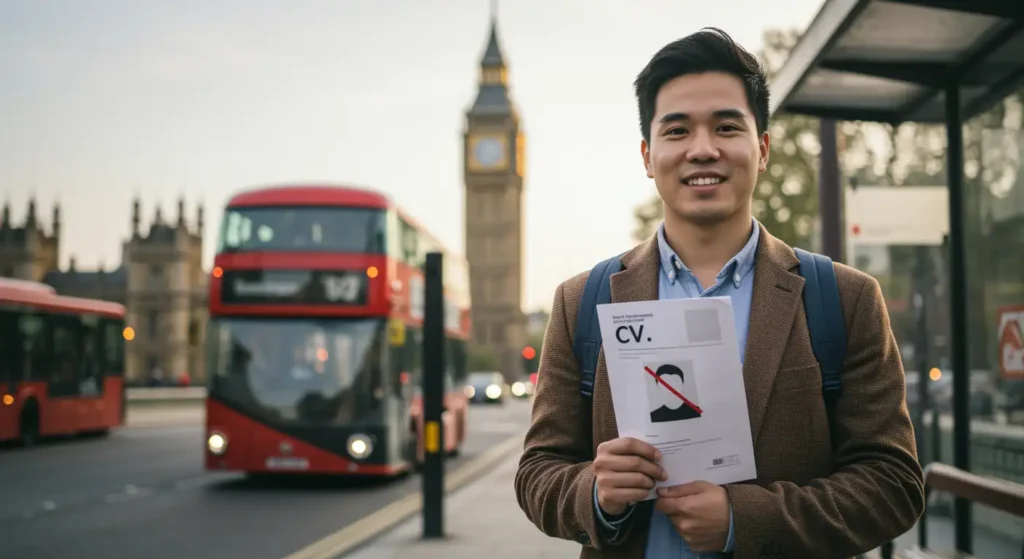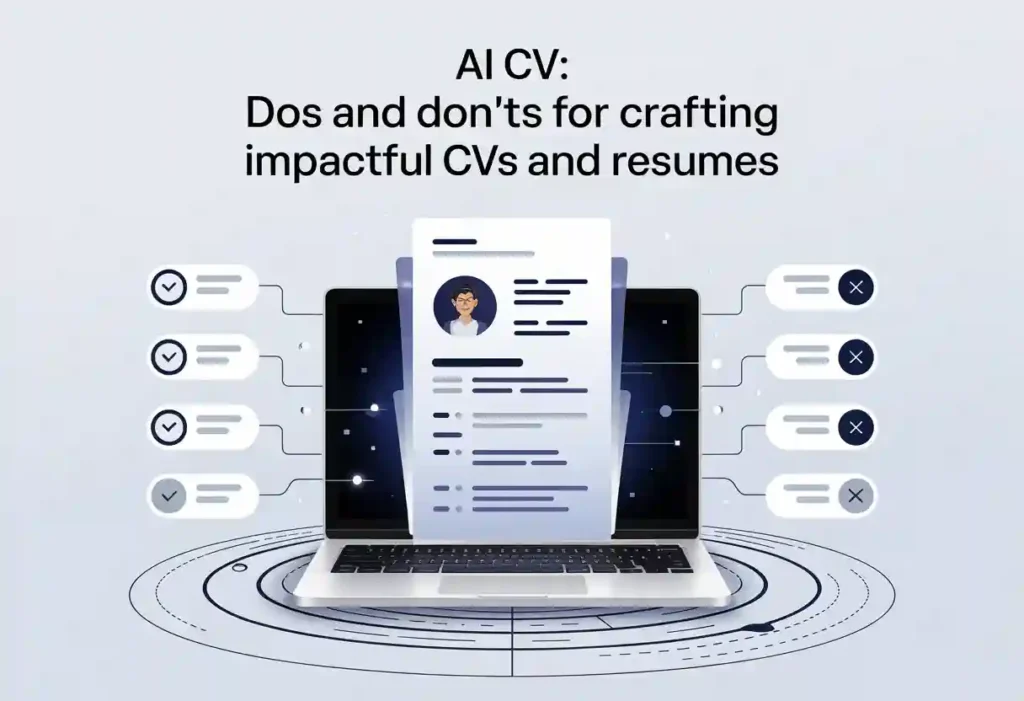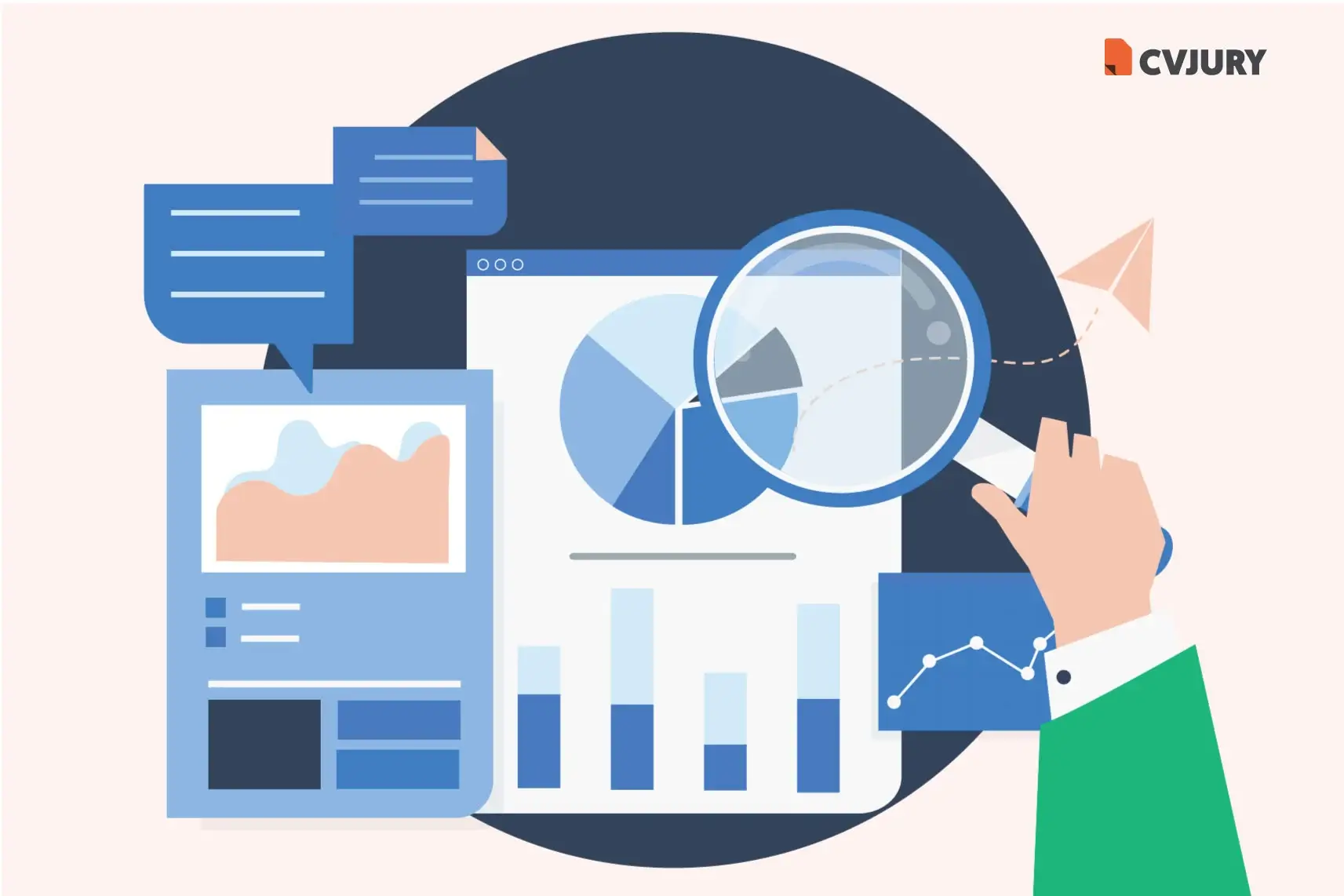
Nail the Interview, Not Just the Invite
People are bound to attend an interview at some point, bringing them closer to their dream job. Now, it is one thing to land an interview and another to get it right.
Job interviews may seem daunting. But taking the time to prepare will help you avoid fidgeting too much.
Impressing the interviewing panel with your credentials and certifications is half the battle. You should have other things in your arsenal to stay ahead of others.
How to Prepare For an Interview
How you prepare and conduct yourself during an interview will set you apart and most likely secure the job.
The hiring market is very competitive. So, you must convince the potential employer that you are the brightest and best for the job.
When preparing for an interview, outline your qualifications for the job position. What you wear and how you handle practical questions also matter.
This article discusses how to prepare for an interview. Below are tips to help you improve your selling skills and leave a great impression on your interviewer.
Research the Company or Organization (Critically Analyze the Job Description)
This is the first step in preparing for an interview. You should research enough about the company you hope to work for.
Critical aspects of the job description can help you investigate the ‘unstated’ and understand the company’s actual needs—the ‘why the position was vacant’.
Research the company culture, products, and services. This knowledge will improve the quality of your interview conversations and personalize your responses to interview questions.
Additionally, some interviewers will ask about the company’s mission and vision statement. So, it would be a plus to familiarize yourself with them beforehand.
Proper research will give you an edge over the competition during the interview.
It gives your potential employer the impression that you care about the company and are passionate about being a part of it.
You can research the organization by
Visit the free-access company website and online profile to search for essential details.
Reviewing the profiles of the hiring manager(s).
Going through their social media accounts.
Review blogs that discuss the company and its culture.
Another thing you need to research is the job description. Carefully look it over. Ensure you understand and meet the requirements and responsibilities of the potential new job.
This will help you target your questions during the interview and determine whether the job is right for you.
During the interview, ask about company policies, expectations, and the next steps. Another question can be the opportunities for professional development and growth in the role.
Or ask them to describe the company’s culture and values.
An interview isn’t only about the company finding a good fit for a job, but also about finding a job that works for you.
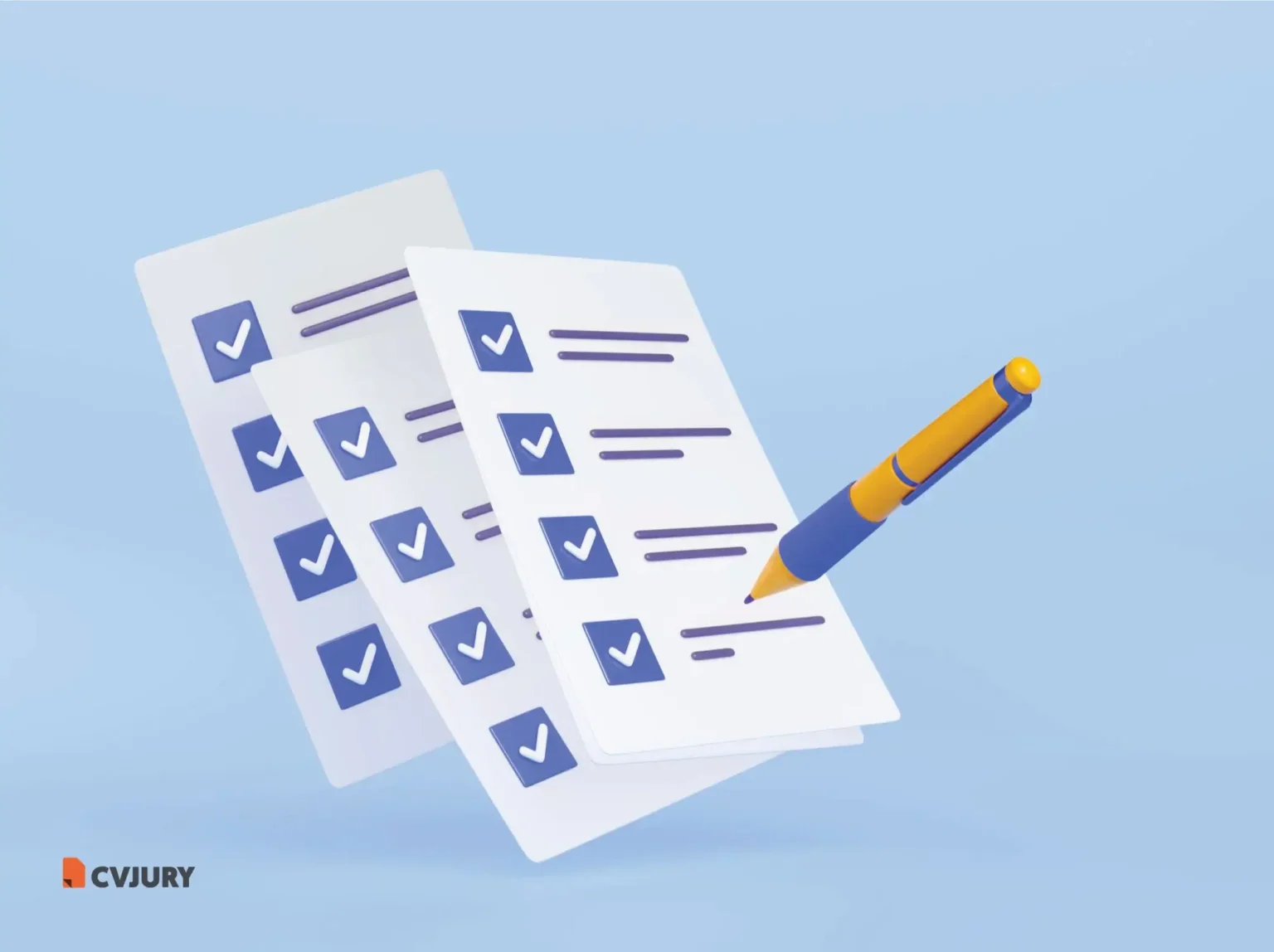
Go Through Your Answers
The interviewer usually asks specific questions about the job role. However, many may ask standard common interview questions.
So, before running off, brainstorm memorable and practical answers to common or tough interview questions. Here are a few examples of common interview questions you can expect.
Can you tell me about yourself?
Why do you want this job?
Why do you think you are fit for this position?
What are your strengths and weaknesses?
Where do you see yourself four years from now?
A job interview is about putting your best foot forward and presenting yourself as the ideal candidate.
You need to conduct a thorough self-assessment and identify rare skills. Highlight your previous roles, qualifications, and experiences. Then, use them to back up your capabilities.
Think about how they apply to the job position you applied for and how you can use them in the company’s service. You can provide specific examples of challenges you can use these skills to solve.
Your answers must reflect the position you applied for. Use the STAR method when answering interview questions.
Now that you have carefully outlined your skills and interview answers, practice answering questions. Do this repeatedly until they flow naturally. If necessary, practice answering questions in front of a mirror.
You can call a friend to act as the interviewer in your rehearsal and conduct mock interviews. Practice interviewing yourself as much as you can.
If this is your dream job, it is ideal that you sharpen your skills and replace the ones that are missing. This kind of preparation will leave you calm and collected.
If you do not prepare and practice, your interviewer will notice, thus reducing the chances of you being put forward.
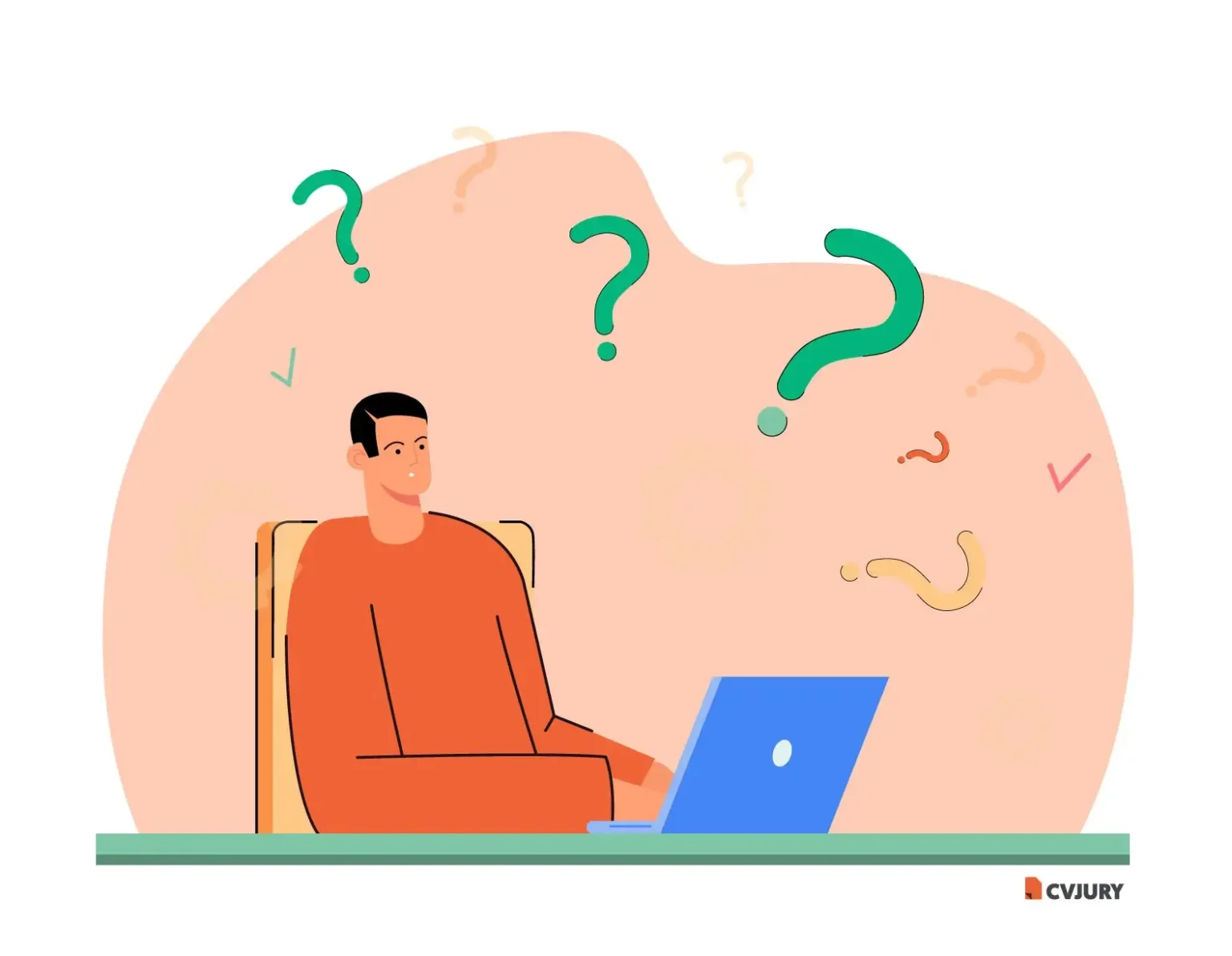
Prepare Your Questions (For the Hiring Manager)
From your research on the company, develop relevant questions. The questions should show that you are interested in working for the company.
Hiring managers will typically ask for your questions at the end of the job interview. This is an opportunity to ask the questions you have already prepared. Such questions could be about the following:
The biggest challenge of the role
What makes a person successful in the role
What success looks like for the position, and how it is measured
Until you have passed the interview, avoid asking about salary early on. Such details will be communicated to you by the hiring manager before the job offer.
Asking questions can build a conversation and make the interview process more fun for you and the hiring manager.
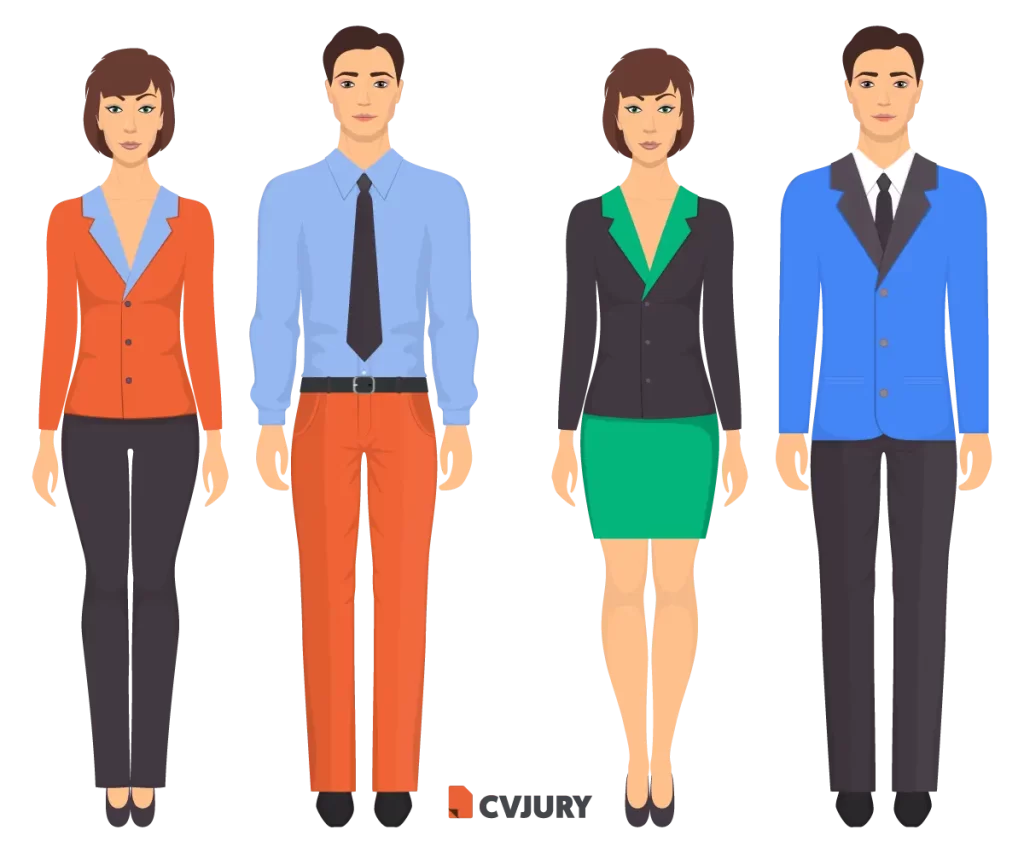
Dress Well
How you dress creates your first impression on your interviewer. As the famous saying goes, “Clothes make a man.” When selecting what to wear for an interview, wear a more professional outfit.
If there is no stipulated dress code, casual business attire will do just fine for an interview outfit. You can even dress more professionally than you usually would for work.
Your interview attire should be clean and neat, adequately ironed, well-fitted, and appropriate for the occasion. Essentially, it should exude intelligence and professionalism.
Avoid torn clothes or clothes that are too tight. Avoid too many conspicuous accessories as well.
Also, avoid using too much makeup and anything fancy. Your hair and makeup should be styled traditionally and professionally.
The idea is to look serious and keep it official. Some say that red ties show power and may make your interview unsuccessful.
Your dress can determine the success of your interview, so do not underestimate this crucial part when preparing for one. Looking for clothes on the day of the interview is not a good idea and can disrupt your thinking.
You might look unprepared, which can give your interviewer the impression that you are unserious.
Select your clothing and accessories ahead of time and make sure everything fits. This will help you sleep better at night and give you a sense of arrangement on the job interview day.
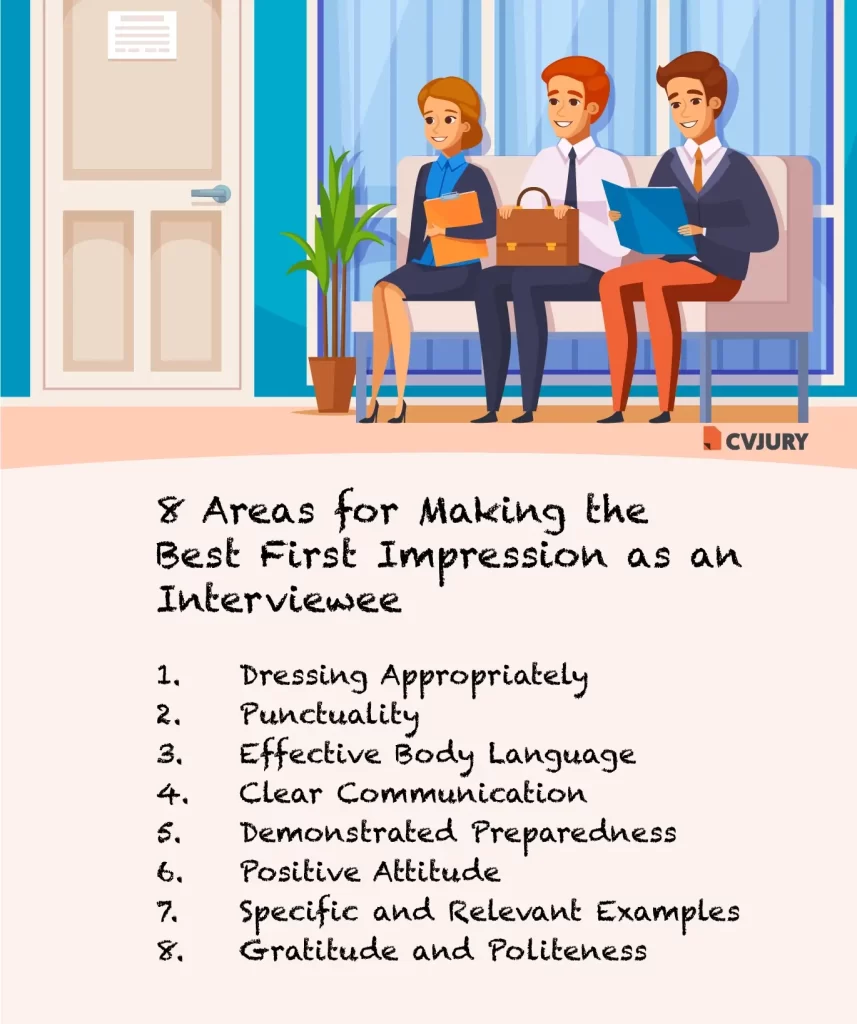
Create A Memorable, Good First Impression (On the Hiring Manager)
Making a good first impression is critical. Whether the interview is in person, by phone, or by video doesn’t matter.
Remember that there are a lot of candidates for the same position you want. Interviewers will most likely drop candidates with a poor first impression.
You must pay attention to your dress, speaking, and body language to make an excellent first impression.
Dress professionally and in a way that complements the company. Your clothes must be impeccably clean, ironed, properly fitted, and suitable. Your hair and makeup should not be loud or overly glamorous. Style both professionally.
Be punctual. This is basic interview etiquette. No interviewer would be impressed if you arrived later than the scheduled time. You can try greeting with a firm handshake. It does wonders.
In terms of body language, you should always maintain eye contact, smile, and sit upright. Avoid slouching, looking down at your hands and feet. Also, avoid grimacing, scowling, or rolling your eyes.
Additionally, speak with confidence and politeness. When you get nervous, take a few extra minutes to breathe. Understand the question and gather your thoughts before answering.
Also, ask for clarification when confused or unsure about something. Your answers to questions should be clear and authentic.
Master the name of your interviewer or potential employer and address them by name. This can create some (emotional) connection.
Reach Out To Employees In The Company
Connect with current or past employees in the same industry. Get more information on the hiring process from them. They likely went through the same interview process and may be willing to give some insight into it.
They can also teach you how to answer interview questions, giving you a broader and more in-depth view of the company and its work environment.
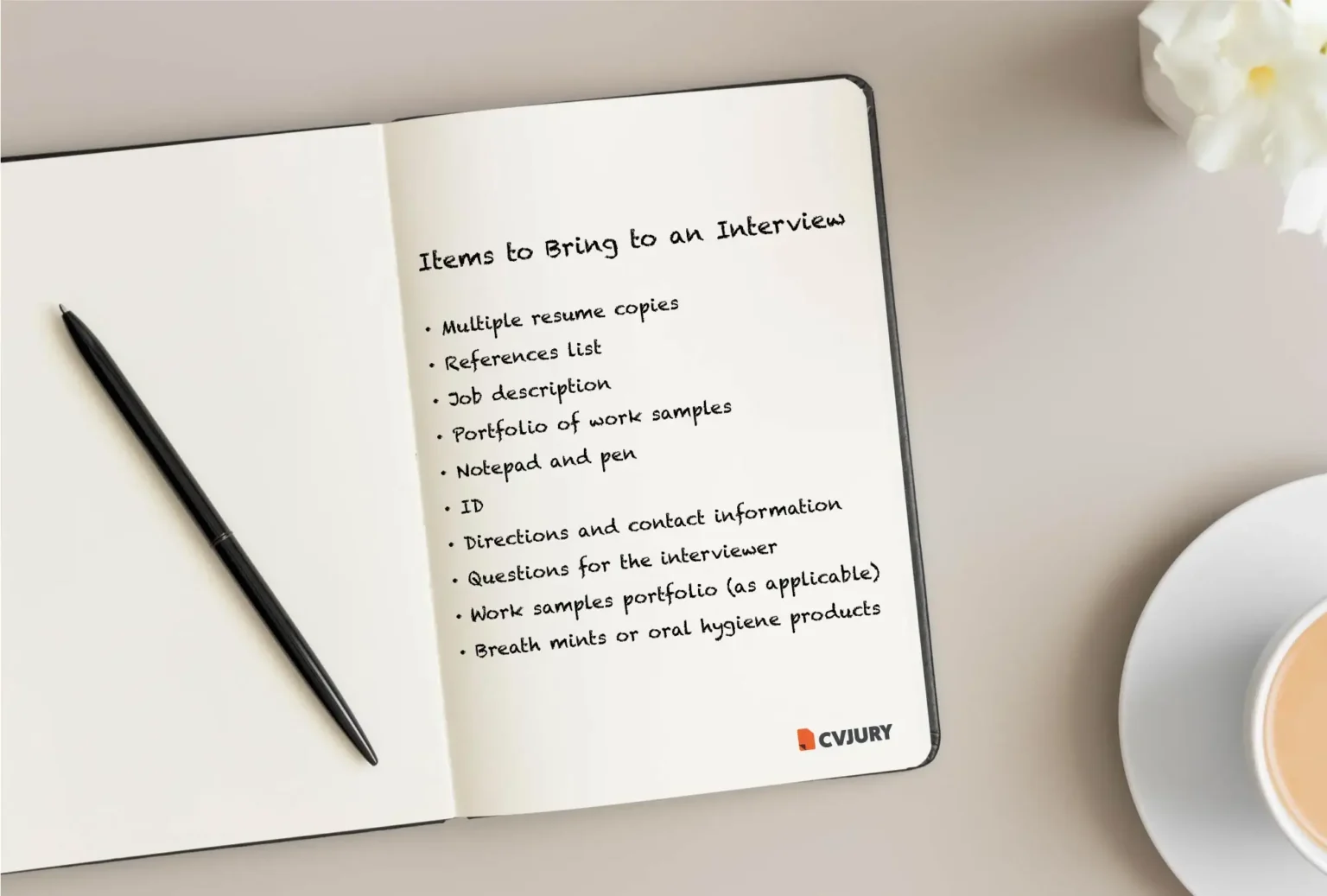
Prepare Your Supplies Beforehand
It is time to prepare once you have confirmed your attendance for the job interview. Gather necessary documents ahead of time. Such documents include
Copies of your resume (at least three for interviewers and one for yourself)
Certificates
Recommendation letters
Portfolio
Work samples and
Cover letter
Most hiring managers only need a digital copy of your resume. However, they may not easily access it during the interview. This is where the physical copy comes in handy. It shows that you are prepared and organized.
Job interviews can be overwhelming, and you don’t want to be caught off guard. You need to do your part in your interview preparation by organizing items such as a pen, notepad, a bag or briefcase to keep personal things, and a list of references beforehand.
Neat and well-arranged documents also paint a good image. This is very important in the interview preparation process.
Prepare A Follow-up Note or Email
You should draft a thank-you and follow-up note or email a few days after the interview. The thank you and follow-up note or email show some thoughtfulness.
It also allows you to ask additional questions or inquire about the next step. It also allows you to bring up specific points you may have left out during the interview. Your thank you, and follow-up note or email should be outlined like this:
First Paragraph: State your job role and company name. Also, thank the hiring manager for granting you an interview.
Second Paragraph: Write about how the company culture and goals align with you. You can also highlight a few conversation selling points during the interview.
Last Paragraph: Close the note or email by saying you look forward to hearing from them. Also include a call-to-action line, telling them to write back regarding any updates.
The Dos And Don’ts During An Interview
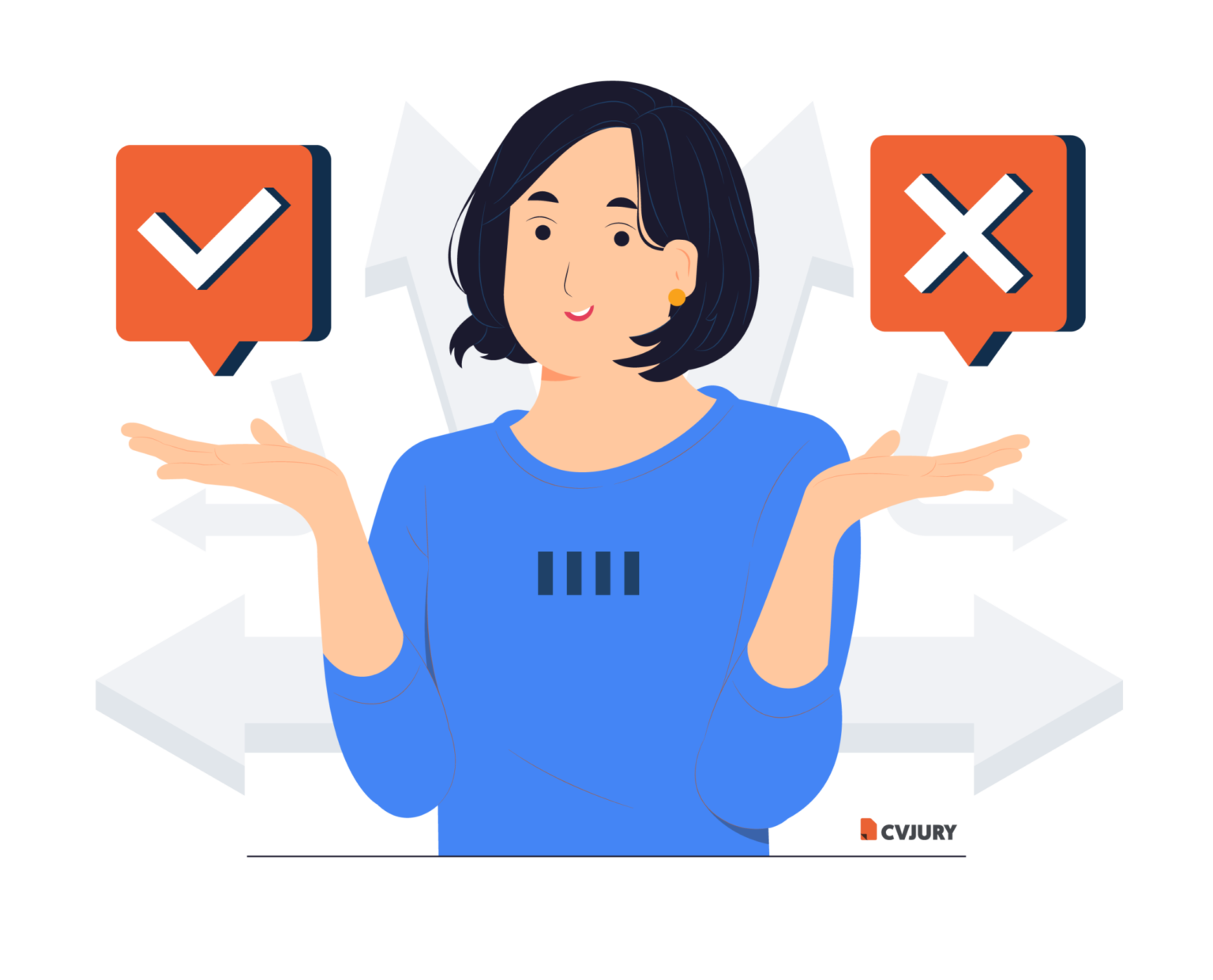
Dos
- Arrive approximately 10 to 15 minutes before the interview.
- Speak confidently, clearly, and politely.
- Answer interview questions correctly.
- Conduct yourself with poise for face-to-face, phone, or video interviews.
- Understand the job description so that you can answer questions accordingly.
- Maintain eye contact.
- Dress appropriately to project a professional image.
Don'ts
- Avoid being late. This gives a terrible first impression.
- Switch off your phone or put it on silent to avoid phone calls. Phone ringing can distract the interviewers.
- Do not lead or dominate the conversation.
- Avoid rambling or going off topic.
- Do not beg for the job. The interviewer may take it as a sign of desperation and not competence. Be calm. Wait for the outcome.
Once, Gabriel, a young PhD graduate from Lagos, attended a high-prospect interview for a senior lecturing job in 2019.
His mobile rang during the session. He struggled to take it from his pocket and turn it off. Did he pass the interview? Yeah, he did.
Yet, the interviewers rejected his candidature even when he was the best. He also failed to find another job for 11 months afterward. Your phone ringing during a job interview can be unpardonable for some panelists.
Mastering the Job Hunt: Acing the Job Interview with Insight and Preparation
Looking for a job is a job. However, these interview preparation tips apply to most interviews. They work for physical, phone, video, or remote interviews. They are a terrific game-changer in your job search journey and professional career.
When you prepare for an interview, you can stand out. You will be able to scale through the interview process successfully.
Preparing for your interview through this article will help you sharpen your interview skills, whether it’s your first or second interview.
The comprehensive tips outlined in this article give you the skills to be unique and wow your interviewer.
All you have to do is put these tips into practice. Implore a friend or family member to conduct a mock interview. After that, apply these interview preparation tips for the next or second job interview.
If you can secure an interview, you have all it takes to ace it. The time to prepare is now. Follow the guidelines above and put a lot of time and effort into your preparation ahead of time.
Good luck with your next or second interview.
Unsure how to find what you want?
Take the following personality tests, and you will be amazed at where you fit in. The tests are Deloitte Business Chemistry, Crystal Knows, and Myers-Briggs.
With CVJury, standing out from the crowd can be quickly done by clicking the three links below.
Further Reading: How to prepare for a job interview, click
- Top interview tips for 2026 and beyond
- Salary expectations
- Value validation project: a winning interview tool
